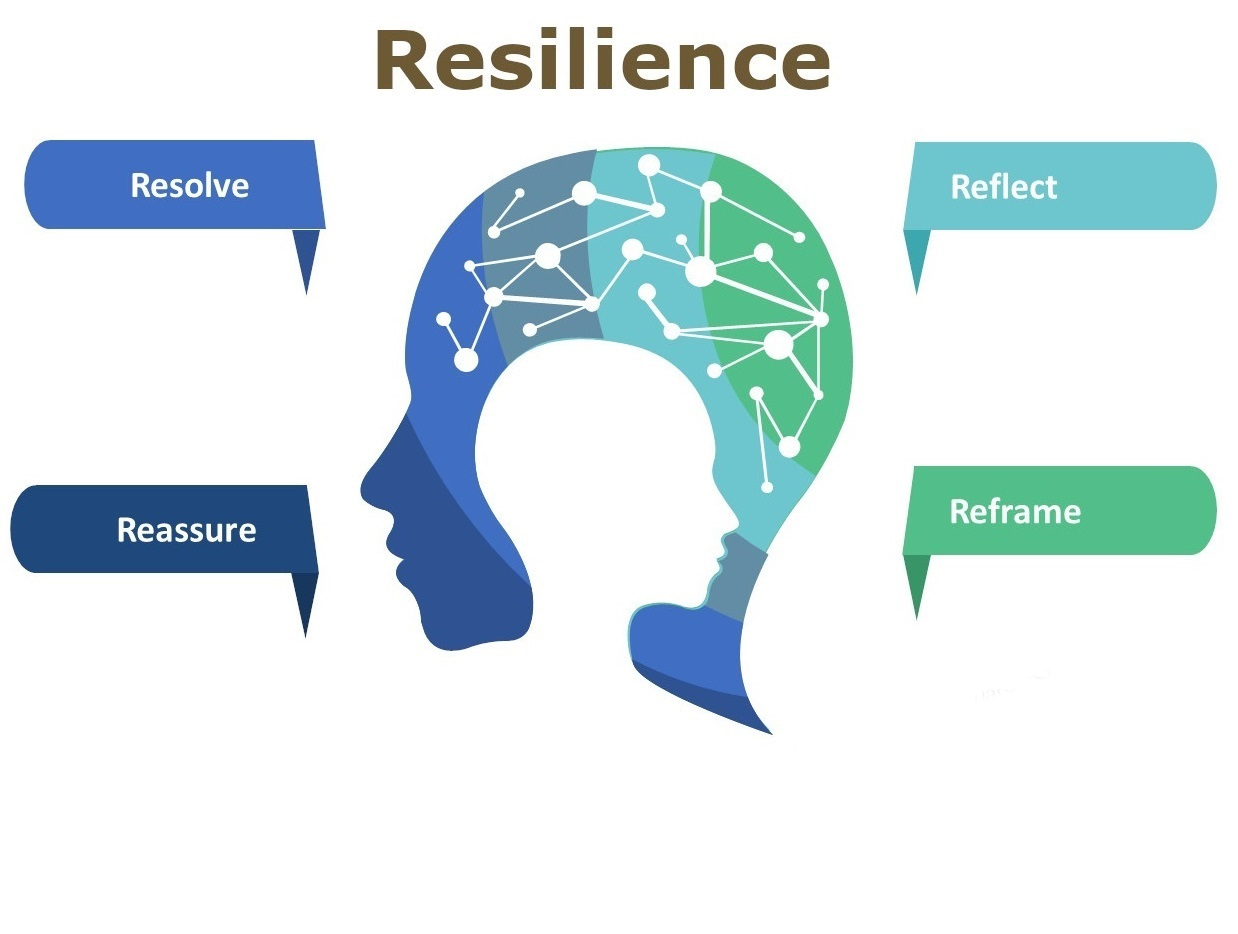
Sharing my experience of developing resilience when I was faced with adversities and how it helped me in bouncing back from my failures.
After acquiring my degree in engineering and a brief stint as a hands-on technical engineer’s role in a systems integration company, I decided to take up a role in sales. In an extremely competitive market space, I had to quickly learn various soft skills such as building rapport, presenting, persuading, negotiating, etc.
During these years, I worked in some organizations wherein I was subjected to unrealistic revenue targets, demanding timelines, and destructive criticism from bosses. At times when I couldn’t achieve sales targets, I pondered over the events and analyzed the factors involved. I segregated the occurring failure from my effort towards the goal. This enabled me to fortify my self-worth and helped me reframe the situation. What is done by others may not always be governed or controlled by me. However, the aspects that are in my control were how I think, speak, communicate, follow-through, and collaborate.
While many external factors were at play, in my mind’s eye I kept an optimistic viewpoint. I envisioned a future wherein I would gain respect through my work and positive contribution in the community. I trusted my ability to learn and find a way to surmount my hurdles. This belief helped me to endure tough times.
I realized that the common denominator underlining the path for my success was in maintaining high self-esteem, learning from setbacks, and improvising my approach. I was sure that when my intentions, optimistic attitude, and efforts are in alignment; then success and victory would eventually happen. These habits empowered me to relentlessly pursue my goals with zeal.
As per my observation, emotional resiliency is a mandatory skill for any leader as it enhances their capacity for mentoring.
According to the Johnson & Johnson Human Performance Institute: As adversity presents itself, pushing to expand your emotional capacity by training and ‘flexing your muscles’ of self-control, empathy or patience during these storms, your ability to adapt to and interpret these storms in a positive way may result in you becoming more resilient in any future storms you encounter.
Becoming RESILIENT during the coronavirus pandemic
REFLECT: introspect the COVID-19 outbreak without criticism or judgment, and interpret the factors causing the spread.
REFRAME: take stock of your situation, consider the aspects in your control, and secure your ability to access the essentials.
REASSURE: believe in yourself to endure this hardship and get ready to adapt to the changing scenario.
RESOLVE: maintain a positive outlook and pursue the path forward.

